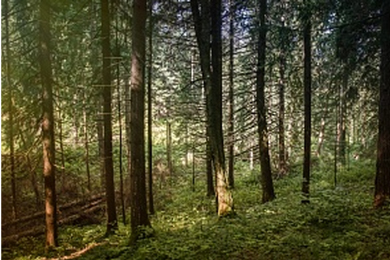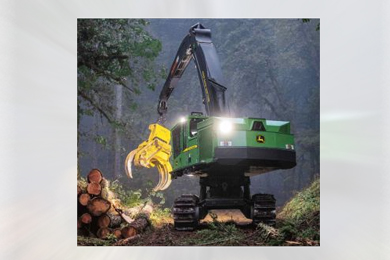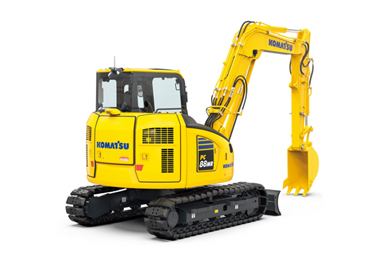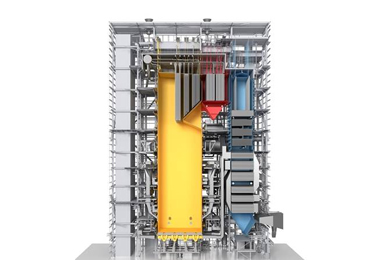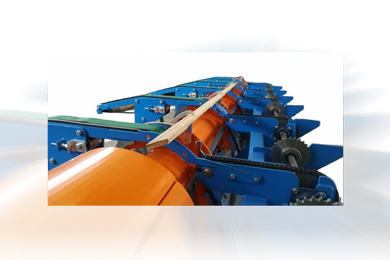Funding boost and new woodland creation partnership formed between Defra and Forest for Cornwall.
Trees are a precious natural asset and central to the fight against climate change.
Defra and Forest for Cornwall have today [19 March] joined forces to form an innovative new National Woodland Creation Partnership pilot to drive regional tree planting. This new partnership will be supported through an initial £120,000 uplift from the Nature for Climate Fund, the Forestry Minister Lord Goldsmith has announced.
Following on from the successful Northumberland Forest Partnership announced by the Environment Secretary in 2019, the Government is backing this Cornwall Council-led woodland creation partnership to help identify sites in Cornwall for woodland creation and bring local stakeholders on board. Partnership Forum members include Cornwall Wildlife Trust, Duchy of Cornwall, Forestry Commission, Environment Agency, Natural England, Woodland Trust, National Trust, Tamar AONB, ConFor, CLA, NFU, South West Water, Cornwall Association of Local Councils, and West Country Rivers Trust.
The ambition of Forest for Cornwall, set out and led by Cornwall Council as a key part of it’s Carbon Neutral Action Plan, is to ensure that the woodlands created are best suited for the needs of communities in Cornwall. A mix of targeted tree and woodland planting will be carried out to achieve this, including:
- planting trees to provide shade in urban areas to help counter the high rates of skin cancer shown in the county
- planting trees in areas of high deprivation to provide well-being benefits for local communities
- enabling economic benefits for the county by developing well-designed woodlands of scale to encourage visitors
- planting woodlands to enhance nature’s recovery and flood mitigation
Today’s announcement highlights the essential role that local authorities and their partners have to play in achieving the Government’s ambition to increase tree planting rates to 30,000 hectares per year across the UK by 2025. To meet this ambition, a locally led approach to tree and woodland creation is needed, and local partners are in a unique position to inform the delivery of tree planting on the ground.
Forestry Minister Lord Goldsmith said:
“This exciting new partnership in Cornwall emphasises the importance of working together and using a locally-led approach to help build back greener.
“I am pleased to announce that through the government’s Nature for Climate Fund, trees will be planted where they are most needed, allowing more communities in Cornwall to have access to nature and in turn, to experience real benefits for health and wellbeing.”
Forestry Commission Chair Sir William Worsley said:
“Trees are the backbone of our urban and rural environments and essential in tackling the climate emergency. As the largest land managers in England and the government’s expert forestry advisors, we are excited to be part of this new pilot. This partnership will be crucial for deciding where trees need to be planted in Cornwall to provide maximum benefits for people, climate and nature.
Councillor Edwina Hannaford, portfolio holder for Neighbourhoods and Climate Change at Cornwall Council, said:
“We are delighted that Defra is supporting our Forest for Cornwall Programme.
“As part of our commitment to tackle climate change, we are working with partners to appropriately plant hundreds of thousands of trees in our beautiful county. This funding will enable us to support more landowners and land managers who want to plant trees in different areas.
“In 2019 Cornwall Council issued a climate emergency and has set the ambitious target of being carbon neutral by 2030. As it grows the Forest for Cornwall will help us towards reaching that goal and help us create a better, greener future for the next generation.”
By growing, protecting and restoring our trees, forests and woodlands we can help reduce carbon emissions, encourage biodiversity and nature recovery, grow our sustainable timber market, and improve people’s health and wellbeing.
Defra is committed to protecting and restoring our natural environment. This is part of a series of Nature for Climate Fund announcements this spring, leading up to the publication of the government’s action plan on trees, woodland and forestry.
In recent months, the government has announced £12.1 million of investment for tree planting in Community Forests across the country, as well as a new £3.9 million pot to support innovative planting schemes in towns and cities and near rivers to reduce flood risk.





